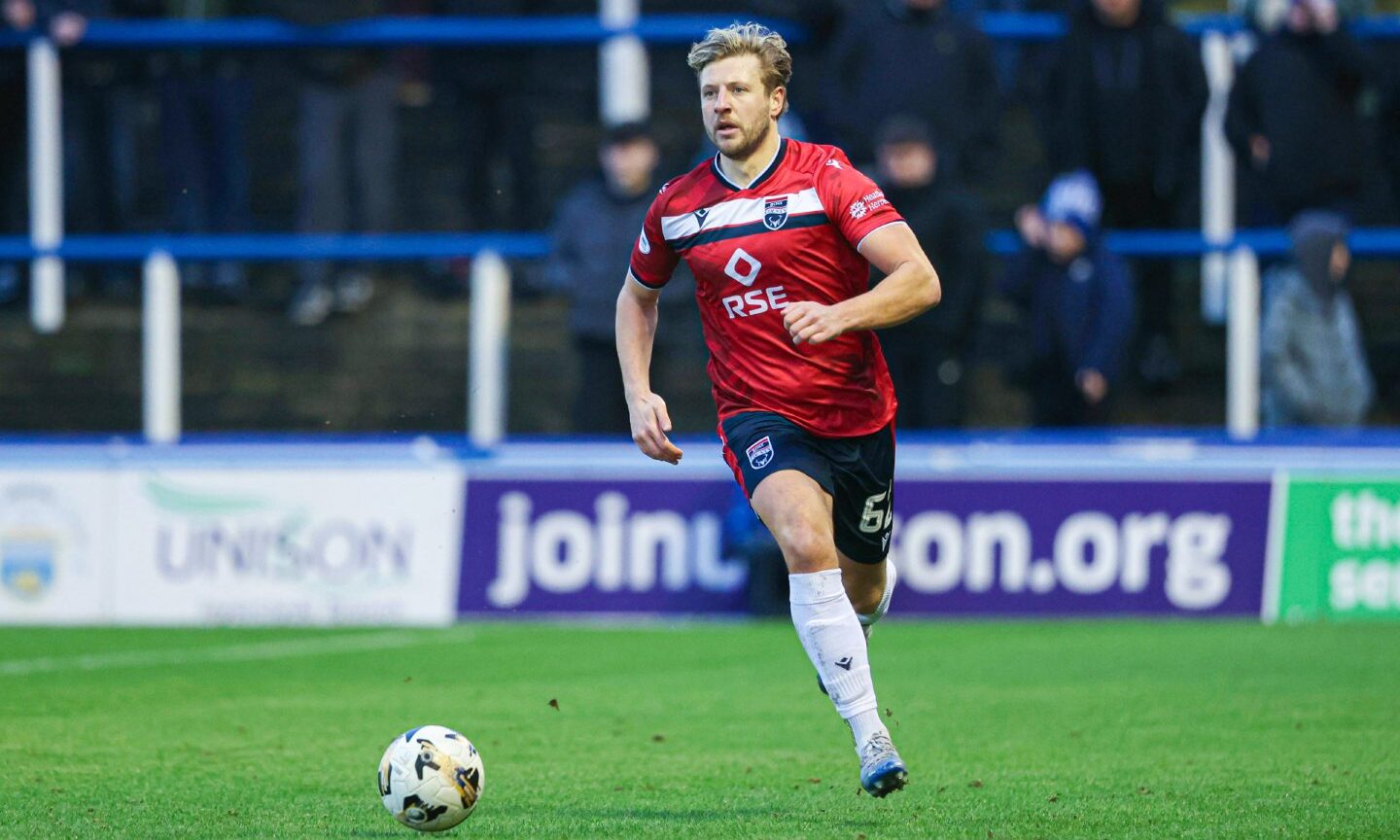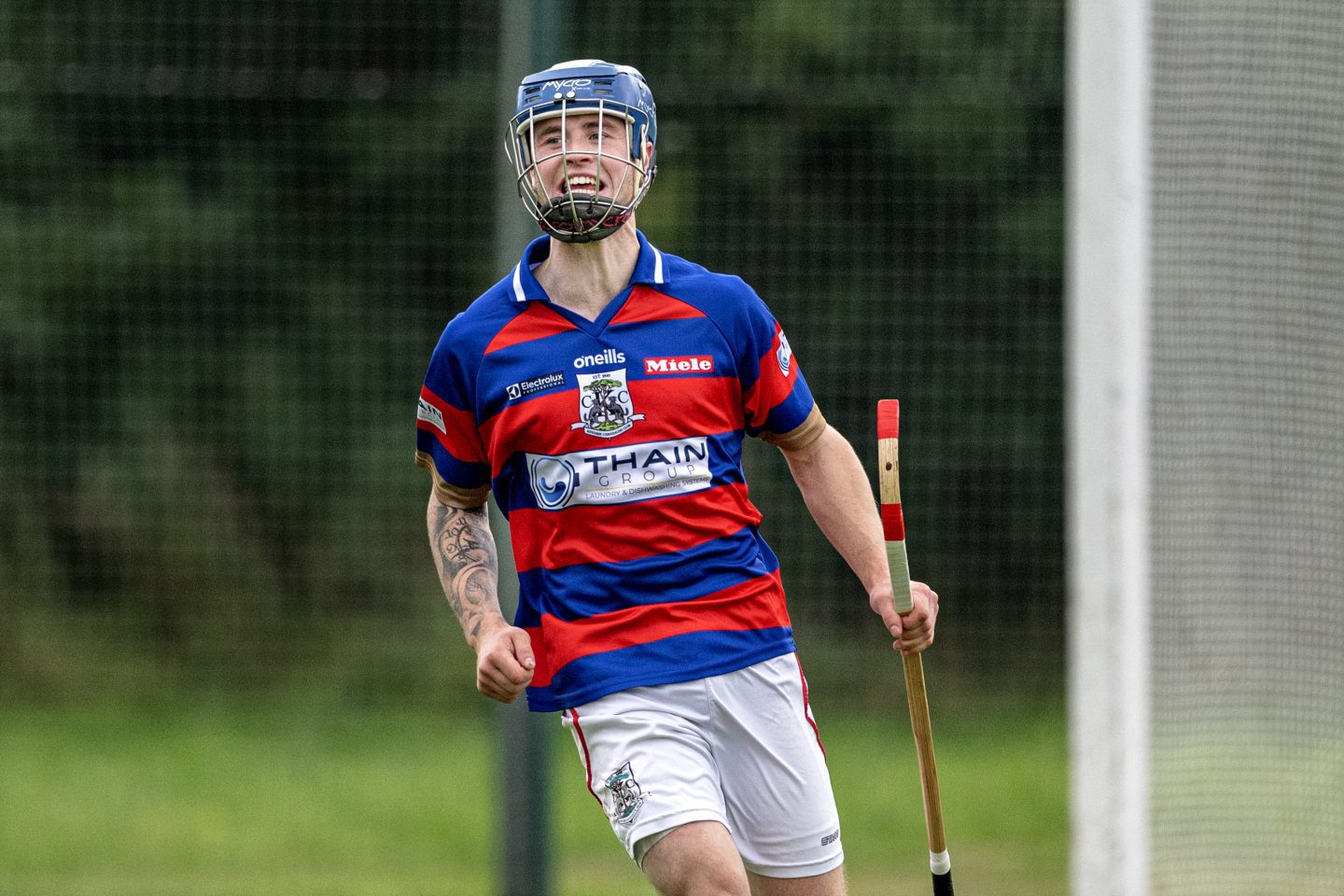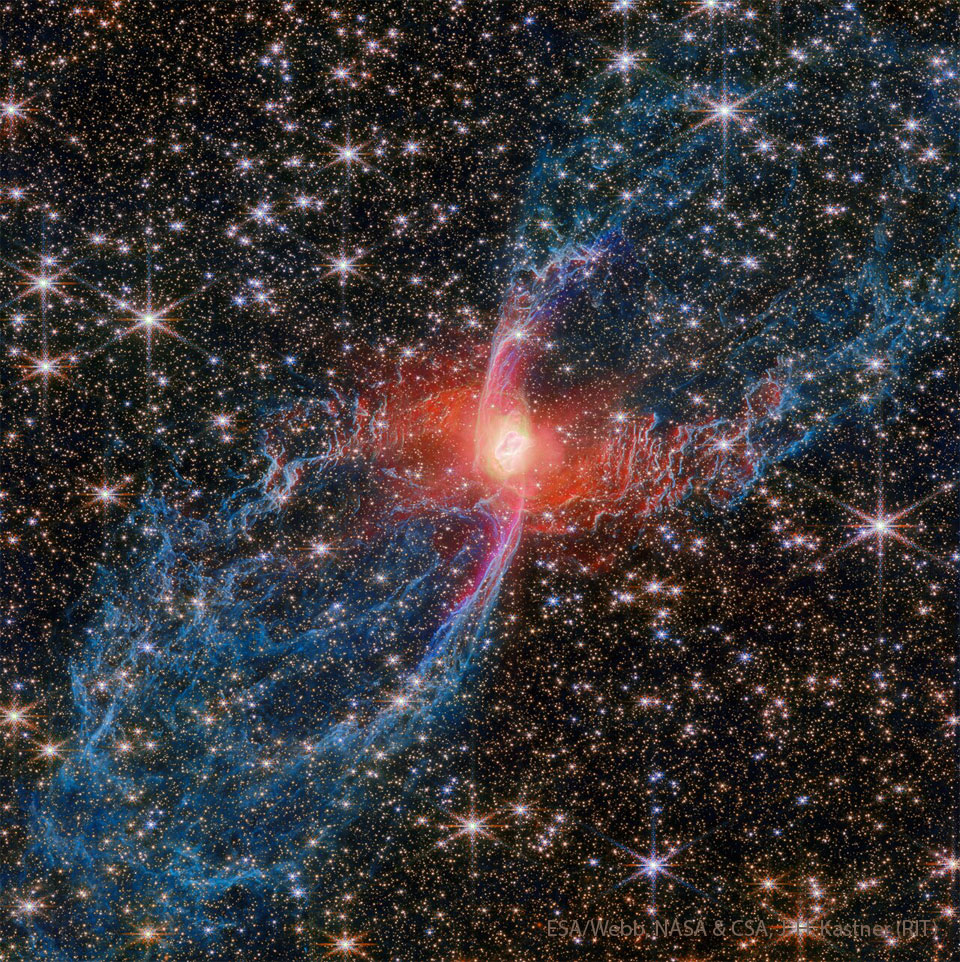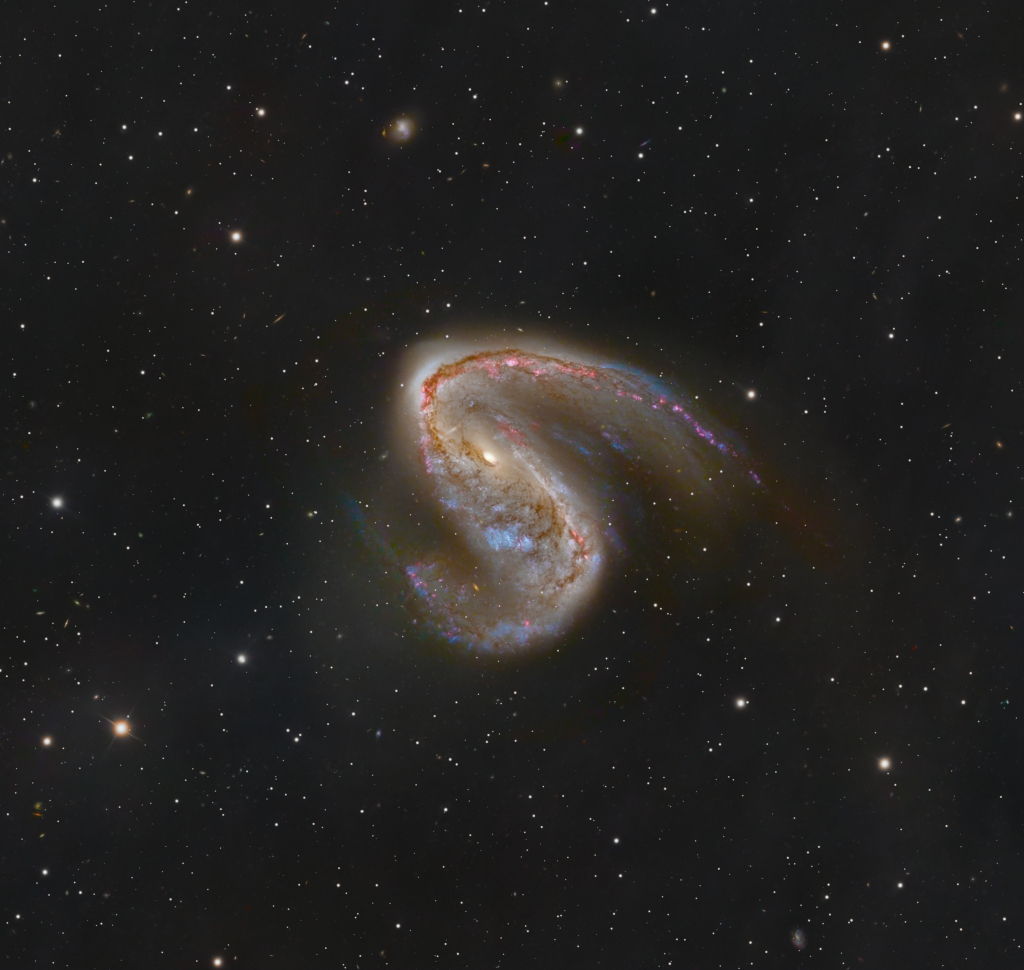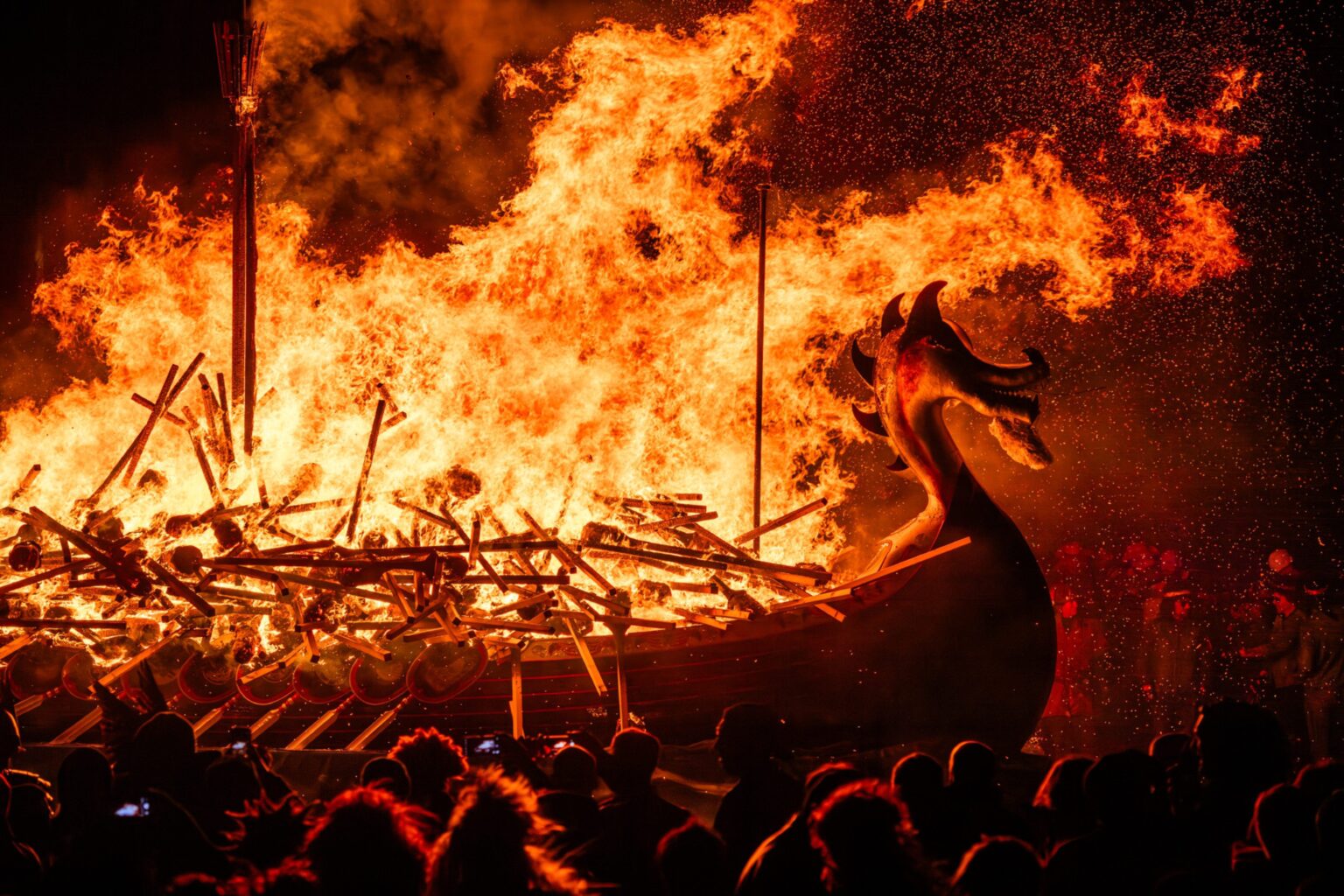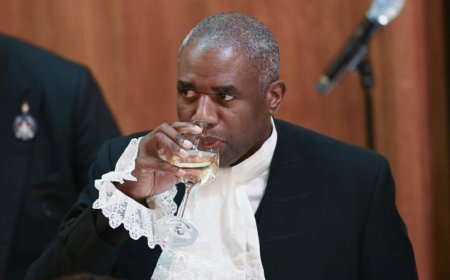As PQ talks independence, aftershocks of 1995 referendum still reverberate in Quebec and Canada
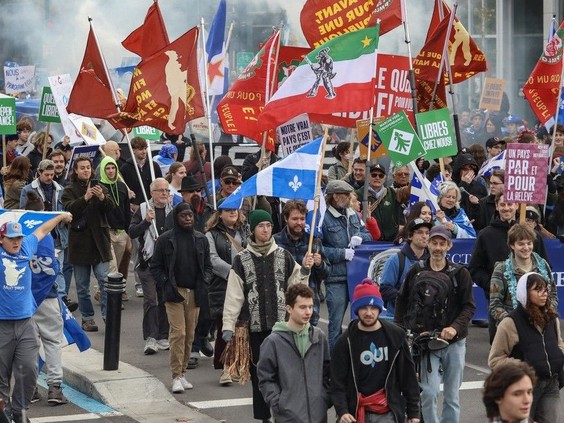
Thirty years after Quebec came within a hair’s breadth of voting for independence, the reverberations of the 1995 referendum rumble still.
They’re echoed in the promise of the resurgent Parti Québécois to hold a third referendum. They resonate in the “Vive le Québec” of an emotional Premier François Legault as his party presented its Quebec constitution. They’re shaking the political landscape as far away as Alberta, where factions threatening to withdraw from Canada hold up the 1995 vote as proof separation anxiety can coerce Ottawa to grant more powers.
The unexpected surge for the Yes side on Oct. 30, 1995, and the razor-thin outcome meant that in many ways the vote ended in a “tie game,” with few real changes to the Canadian federation, said Guy Lachapelle, professor of political science at Concordia University and author of three books on Quebec’s referendums.
“That for me was the worst possible outcome,” he said. “Nobody really won.” Resentment lingers over the campaign, with sovereignists still upset over federal interference and federalists fuming over spoiled “No” ballots.
“I think that’s what people remember. And the fact that for 30 years, nobody in Ottawa has taken (the constitutional question) seriously. That’s why the referendum stays in the air,” Lachapelle said. “We’re in a sort of status quo.”
Three decades later, battles are still being fought over unresolved issues.
In Quebec, the constitutional question remains, said Daniel Béland, director of the McGill Institute for the Study of Canada. Although recent polls show the majority of Quebecers don’t want another referendum, “people who voted at the time certainly remember it. And younger people have heard of it, in their history classes or from their parents or grandparents. … Some of the issues that were raised during the referendum have not been solved. They’ve been pushed aside. There’s still a legacy of that referendum.”
The playing field for a future referendum has changed significantly with the enactment of the Clarity Act and Supreme Court decisions designed to clear up many of the uncertainties that surrounded the 1995 question. At the same time, U.S. President Donald Trump’s trade wars and 51st state rhetoric have rekindled Quebecers’ sense of Canadian unity and heightened economic uncertainty, dampening separatist fervour. Support for sovereignty is low in Quebec at 35 per cent, and only 29 per cent favour holding a referendum.
Still, Alberta’s nascent independence movement, and Premier Danielle Smith’s moves to make it easier to hold a referendum, show Quebec is not alone in its dissatisfaction.
“I think the problem is we’re back to where we were in the 1970s, where we have very strong central governments that don’t accept giving power to the regions,” Lachapelle said. “So the fundamental problem is still there.”
Many Conservative Albertans hold up Quebec as an example because it’s perceived as a province that has strengthened its autonomy, in part by threatening to separate, Béland said.
Launching a referendum as a strategic tactic can bring unexpected consequences, Béland cautioned. He cited the example of David Cameron, the former U.K. prime minister who suggested a referendum over leaving the European Union to appease his conservative base, even though he was against the idea, and ended up with Brexit.
“It’s a very dangerous game to play with fire, especially in Alberta where many people think it’s a tool to scare the rest of the country and the federal government so we’ll build more pipelines or something,” Béland said.
(Because Alberta’s secession movement isn’t endorsed by any party in the legislature and it’s based more on economic grievances than nationalism, Béland gives it little chance of success.)
The loss for Quebec’s Yes side in 1995 and the subsequent Clarity Act and Supreme Court decisions the referendum spurred are seen as having weakened the powers of the sovereignist movement. Former Parti Québécois premier and Yes side leader Lucien Bouchard recently counselled the PQ to reconsider its promise to hold a referendum in its first mandate, saying it could bolster the Quebec Liberals’ chances, and the consequences of a loss would be “dramatic” for Quebec.
It should also be noted things can change quickly once the referendum wheels start turning, Lachapelle said. When the 1995 referendum was launched, support for sovereignty was similar to where it is now, hovering around 36 per cent. When the campaign got underway and Bouchard became leader of the pro-independence movement, support surged past 50 per cent and the Yes side came within a percentage point of winning.
“For me, the numbers now mean nothing because there’s no referendum right in front of us,” Lachapelle said. “People started to move when there was a reality check, not when they were waiting for a hypothetical referendum.”
The roots of the 1995 referendum stemmed in part from Prime Minister Pierre Trudeau’s patriation of the Canadian Constitution without Quebec’s signature 18 months after the PQ’s failed 1980 referendum. Subsequent attempts by Prime Minister Brian Mulroney to address Quebec’s concerns by amending the Constitution with the Meech Lake and Charlottetown Accords, which failed in 1990 and 1992, respectively, led many Quebecers to think they had few other options but a referendum to protect their distinct identity and gain more control over their destiny, Lachapelle said.
The decimation of Mulroney’s political career and the Progressive Conservative Party in 1993, along with the narrow win by the No side in 1995, has left federal politicians leery of reopening constitutional debates. Quebec Premier Philippe Couillard’s attempt in 2017 was met with a terse “You don’t reopen the Constitution” from Prime Minister Justin Trudeau.
“There is absolutely no appetite for the federal government to deal with this,” Béland said, especially since it would have to take on grievances in Western Canada as well.
In part because of Ottawa’s inaction, Quebec proposed its own constitution this month. Legault asserted that in so doing, the province had affirmed its national, distinct character and the constitutional existence of the Quebec nation. Justice Minister Simon Jolin-Barrette clarified later the Canadian Constitution remains the supreme law “even if we did not sign it.”
Opposition parties and some academics were quick to pan the proposal as electorally motivated.
“A constitution should come after a ‘Yes’ vote,” Lachapelle said, in the same way the American constitution was written after the American Revolution. “A constitution should not be drafted only by the elites. It’s a document where all citizens should take part.”
Echoes of the 1995 referendum are evident in the nationalistic tone of Legault’s Coalition Avenir Québec party and its attempts to attain more control over jurisdiction for immigration and strengthening of Quebec’s French language laws. Contrary to 1995, however, which was characterized by a more civic nationalism, Legault’s party has moved to a form of “ethnic nationalism, which I don’t like,” Lachapelle said.
“It’s the populist world we’re in now, focusing on immigration. We should be having more discussions on health care and social welfare and housing policies. That’s what really matters for people.”
Both the CAQ and the Liberals have suffered politically for their inability to gain more autonomy from the federal government, Lachapelle said.
The referendum issue is lending an interesting spin to the provincial elections slated for next year. The PQ’s pledge to hold one could sway voters to opt for the Quebec Liberals, Béland said, especially if U.S.-Canada trade relations remain unstable.
Or the CAQ, which rejects the idea of holding a referendum but embraces a strong vision of nationalism, could attract PQ supporters leery of a sovereignty vote, he said. But Legault’s unpopularity combined with his refusal to step down and the absence of a clear successor make that scenario unlikely, Béland said. The CAQ’s collapse in the polls is an indication their rise as the third option could be coming to a close, and the traditional duopoly could return.
“We’ll see whether we’ll return to a more pure dichotomy between sovereignty and federalism, which is exactly what we saw, of course, back in 1995 or even in 1980,” Béland said.
“So things have changed, but we could also have some Groundhog Day effects that could take place.”
[Source: The Montreal Gazette]
Playing field has changed significantly

Many thought they had few other options
PQ pledge could sway voters to vote for Liberals

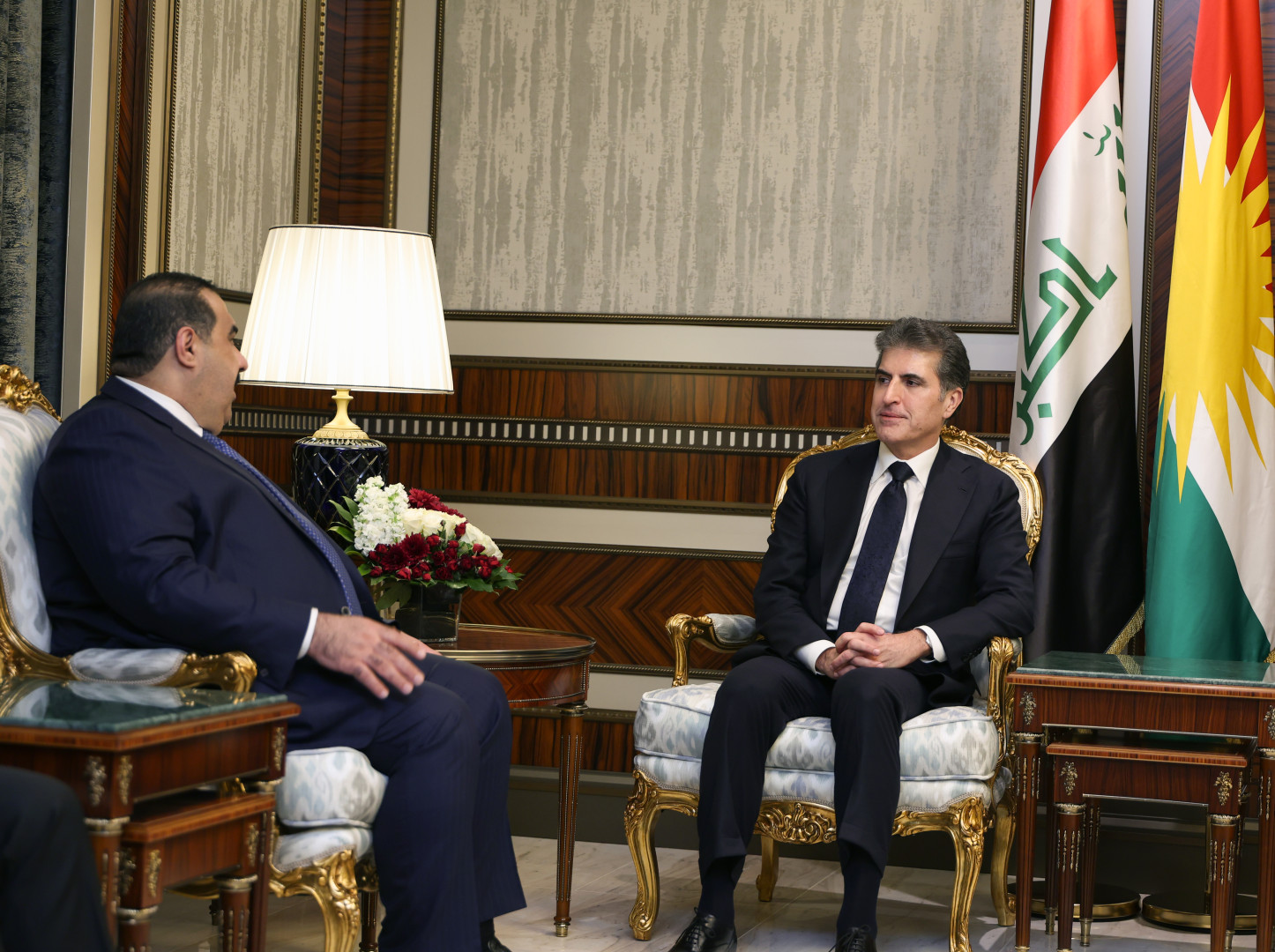

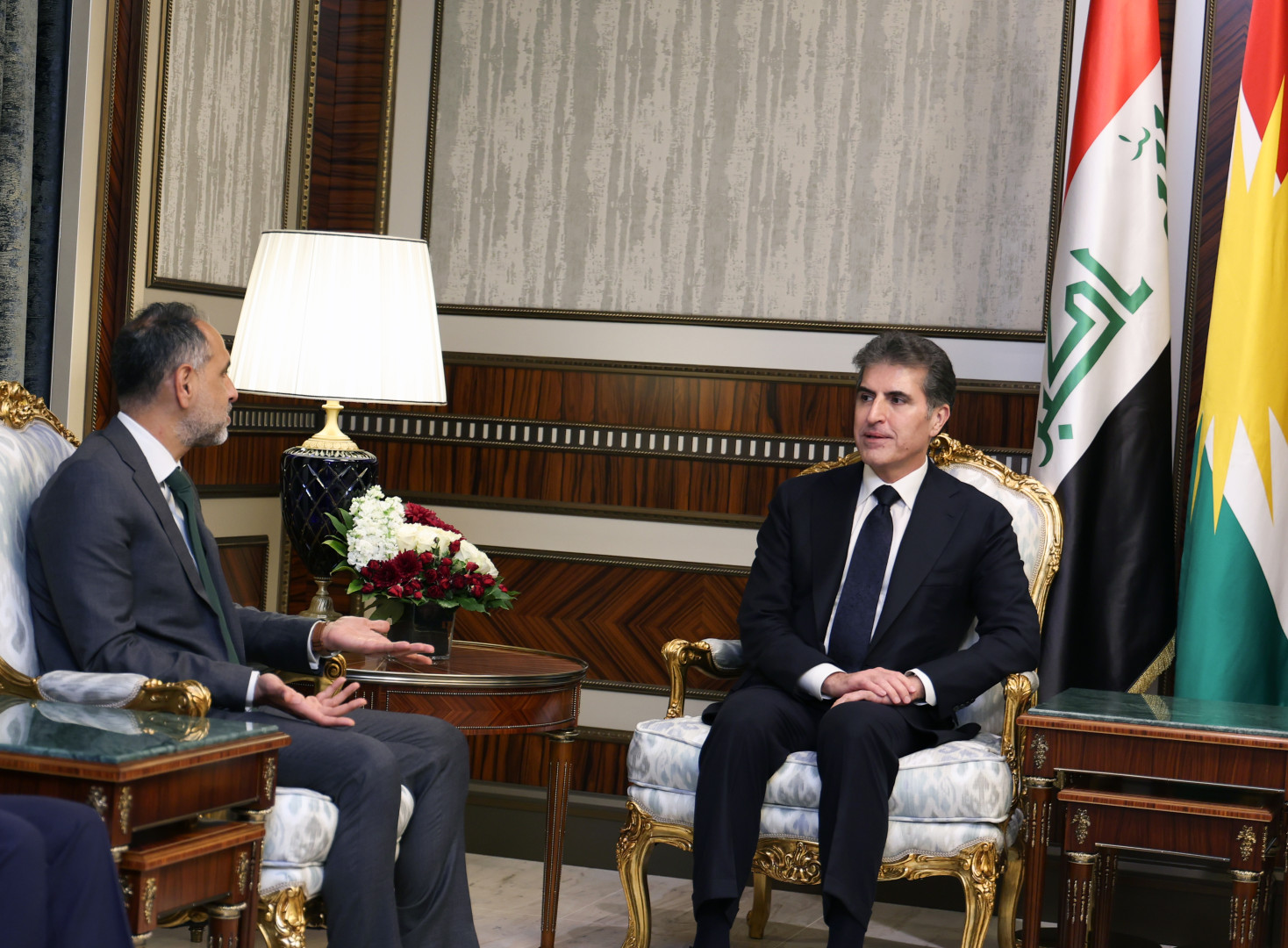



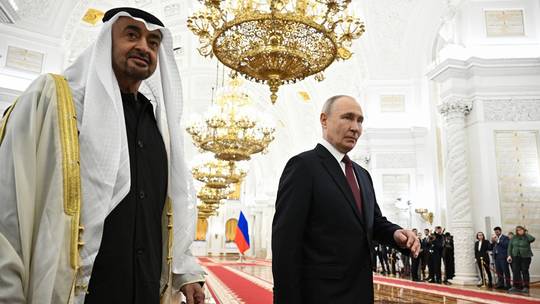
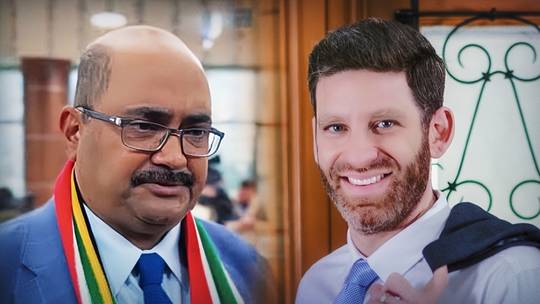









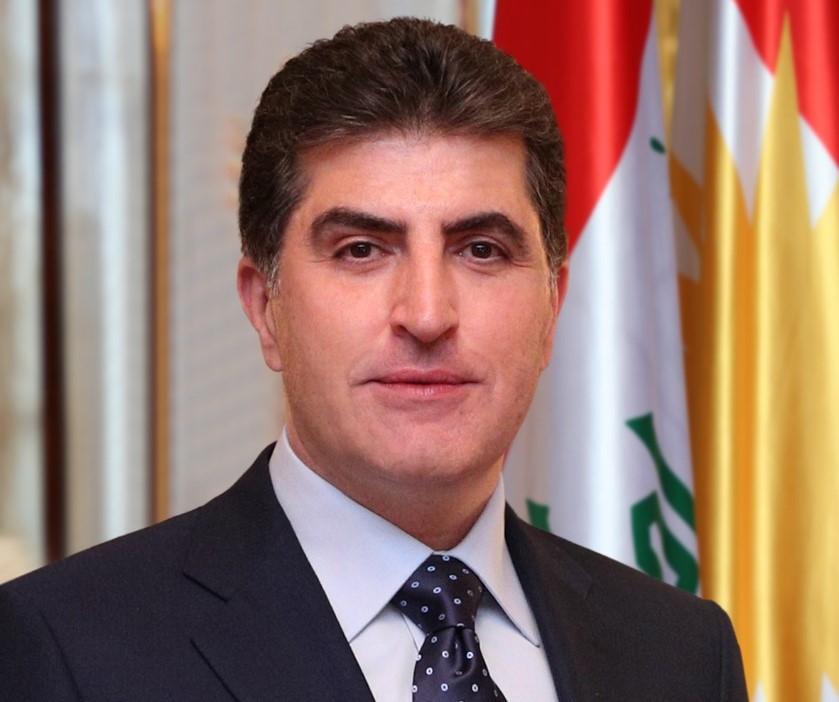




/file/attachments/orphans/IMG_9103_429753.jpeg)


